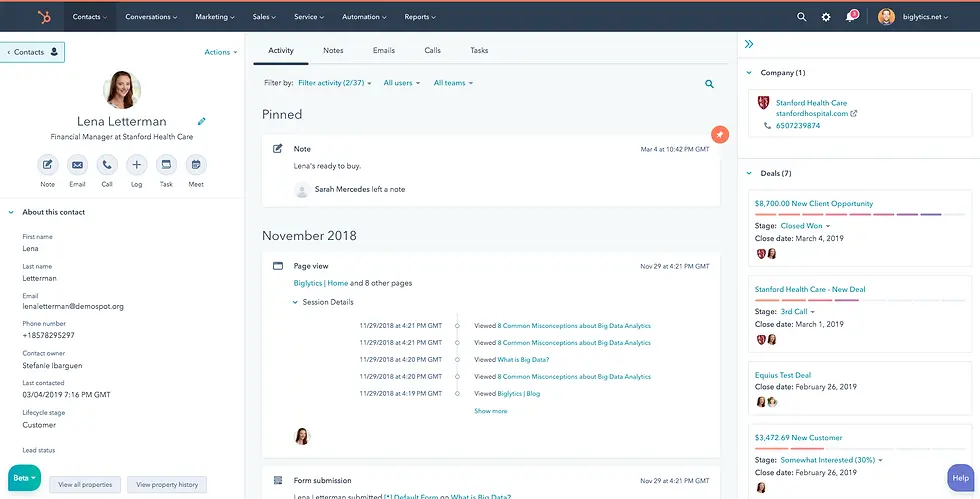6 Essential tools every Agile Marketer needs.
- Simon McEvoy
- Jun 3, 2025
- 4 min read
Updated: Jun 6, 2025

In my work coaching and consulting with marketing leaders, one of the main things I see is how adaptable marketing teams now have to be. This is why much of my practice involves teaching adaptive organisational models and techniques to marketing teams. These practices allow teams to pivot quickly in our fast-paced environment. So, what tools do you need to equip your team for success? Let’s explore the six essential tools every marketing leader should have in their toolkit.
1. Miro: Best for Whiteboarding
When brainstorming, Miro shines as a creative powerhouse. This collaborative whiteboard tool helps your marketing team visually map out everything from campaign ideas to customer journeys. It supports features like sticky notes, image uploads, and diagram drawings. You can even invite external stakeholders for real-time feedback, widening your collaborative circle.
Visual tools can enhance creativity and organization. According to reports, 78% of marketing teams indicate that using visual collaboration tools like Miro improves outcomes. Moving a sticky note to the “completed” section provides a sense of accomplishment for the team.

2. Trello: Best for Kanban
Imagine juggling various campaigns without feeling overwhelmed. That’s where Trello steps in as your Kanban project management MVP. Its card and board system lets you break projects into manageable tasks. Assign these tasks to team members and track progress easily.
Trello’s adaptability is a game changer. Whether you’re planning a major product launch or a quick social media campaign, you can tailor the tool to your needs. It can be used as a traditional Kanban, or a shared workspace for teams to store important info. Cards can be stored on multiple boards and updated in sync - so it can become a home for your hybrid business.

3. Slack: Best for Comms
Emails are the killer for productivity and keep work hidden rather than in the open. The antidote to email is Slack, as it supports real-time conversations and file sharing. You can create dedicated channels for specific projects or customer segments, keeping everything organised and accessible.
What’s more, Slack integrates seamlessly with tools like Trello and Miro, ensuring that your team stays connected. You can cut through the noise of long email chains and foster dynamic conversations. Studies show that teams using Slack improve response times by 32%, making it clear that effective communication truly drives success.

4. Asana: Best for Task Management
As your marketing efforts evolve, keeping track of tasks and deadlines is crucial. That’s where Asana comes into play. It allows you to create lists, set deadlines, and assign tasks—all in one streamlined platform. With its visual timelines, you get an overview of project milestones at a glance.
Even in agile projects it can be helpful to visualise key deliverable milestones, or understand the impact of shifting deliverables on progress, so Asana can be valuable to get an overview of sprints and backlogs.

5. HubSpot: Best for Marketing Automation
Every marketing team will have their personal marketing automation preference, and you could easily write this list just on Marketing Automation alone. But Hubspot is here as the market leader and probably most versatile platform in the category. This comprehensive tool is designed to simplify your campaign efforts. HubSpot offers everything from email marketing and social media management to content creation, making it a one-stop solution.
Its adaptive Customer Relationship Management (CRM) feature enables you to scope leads, track engagement, and segment your audience effectively. This data-driven approach empowers you to make informed decisions. And it's integrations are unparalleled, meaning it can slot seamlessly into your existing tech ecosystem.

6. Airtable: Best for Data
If spreadsheets give you a headache, Airtable is here to shake things up. This flexible database tool merges the simplicity of spreadsheets with robust database functionalities. It’s perfect for sharing content calendars, tracking performance metrics, and formulating product launch plans.
What I particularly love about Airtable is how easily it adapts to your needs. Want to include photos, checklists, or forms? It’s accomplished in seconds. Data-driven decisions become enjoyable rather than tedious, proving that effective organization can indeed be engaging! The ability to then make this data public allows more people in the org to take advantage of it, and help with self-directed decision making.

The Future is Adaptive
I believe that evolving to more adaptive organisational models is essential for any marketing leader wanting to 'do more with less'. The six tools discussed—Miro, Trello, Slack, Asana, HubSpot, and Airtable—are not just software; they are integral to a successful marketing operation. These tools help manage tasks, promote collaboration, and offer insights that allow your team to adapt swiftly when strategies need refining.
But of course, tools are just tools. In my experience of coaching agile teams, what shifts a team from 'doing' agile to 'being' agile, is mindset, practice and self-reflection. So great tools can give us the power to do our best work, but it's great people learning and growing that will ultimately make it happen.
If you want any more advice on how to use these tools with your team, or how to adapt what you already have, just reach out for a chat.

Comments